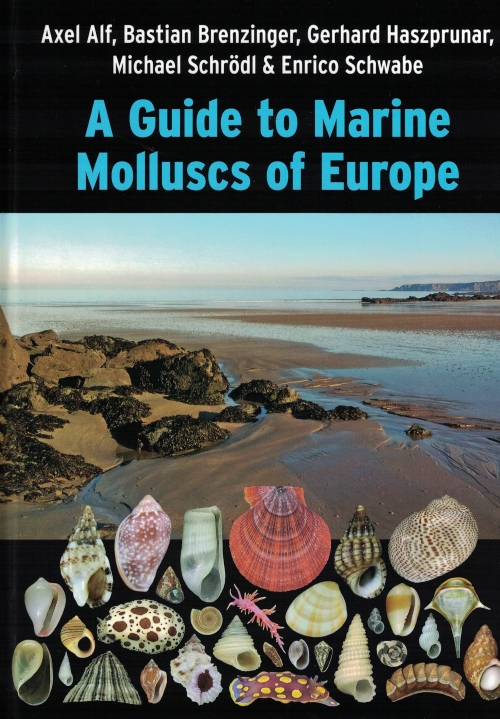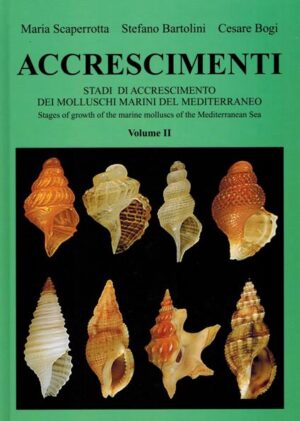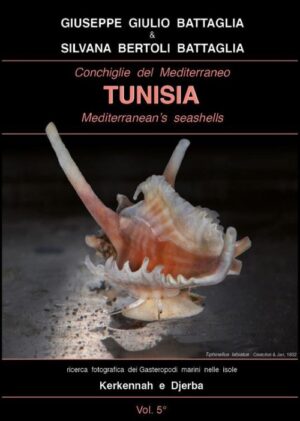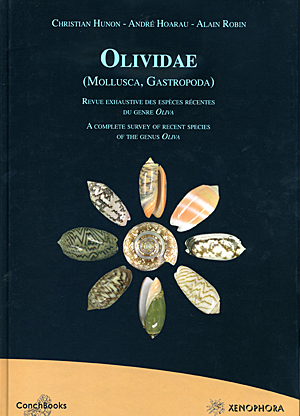a guide to marine molluscs of europe
€170,00
Author: axel alf – bastian brenzinger – gerhard haszprunar – michael schrodl & enrico schwabe
Publisher: conchbooks
ISBN: 9783948603007
Provided on request
Provided on request
Description
From the preface: “The present book aims, in contrast to other volumes, not to represent all molluscan species living in European seas (i.e. from the Canary Islands and the Azores in the South-West, to Scandinavia in the North and the entire Mediterranean, the Black Sea and the Baltic Sea to the East). Instead, our book should enable interested amateurs, as well as zoologists and oceanographers, to identify common species which can easily be found without costly technical equipment. It however also wants to provide an overview about the molluscan fauna of the European seas. We tried to be up to date, but did not aim to be complete.
We want to encourage interested amateurs, but also students of biology, to become familiar with Mollusca, a fascinating animal group. A scientific shell collection or a collection of mollusc photographs may be the basis of such an interest. Considering that, more and more species, also in the oceans, are becoming endangered or even disappear for ever. Experts who know about these species and their biology are badly needed. Protection needs knowledge: If the knowledge about the species gets lost, nobody will notice their disappearance. “You only can protect what you love and you only can love what you know” (Konrad Lorenz).
The present book is intended as a “field identification guide” to be applied during excursions and collection trips and should therefore enable the quick identification of mollusc material. Indeed, the vast majority of molluscan findings, if they are not of deep-water origin, should be easily identified at least down to genus level. General and more specific literature is listed at the end of this volume.
The book contains more than 1500 species of all molluscan groups (i.e. Polyplacophora, Gastropoda, including Nudibranchs, Bivalvia and Cephalopoda) which are described and discussed in detail and of which about 1400 are pictured usually with several specimens on 350 colour plates. Besides this, different topics concerning responsible collecting, ecology, biology, protection of nature and many more are presented in short essays.”
Edition: 2020





